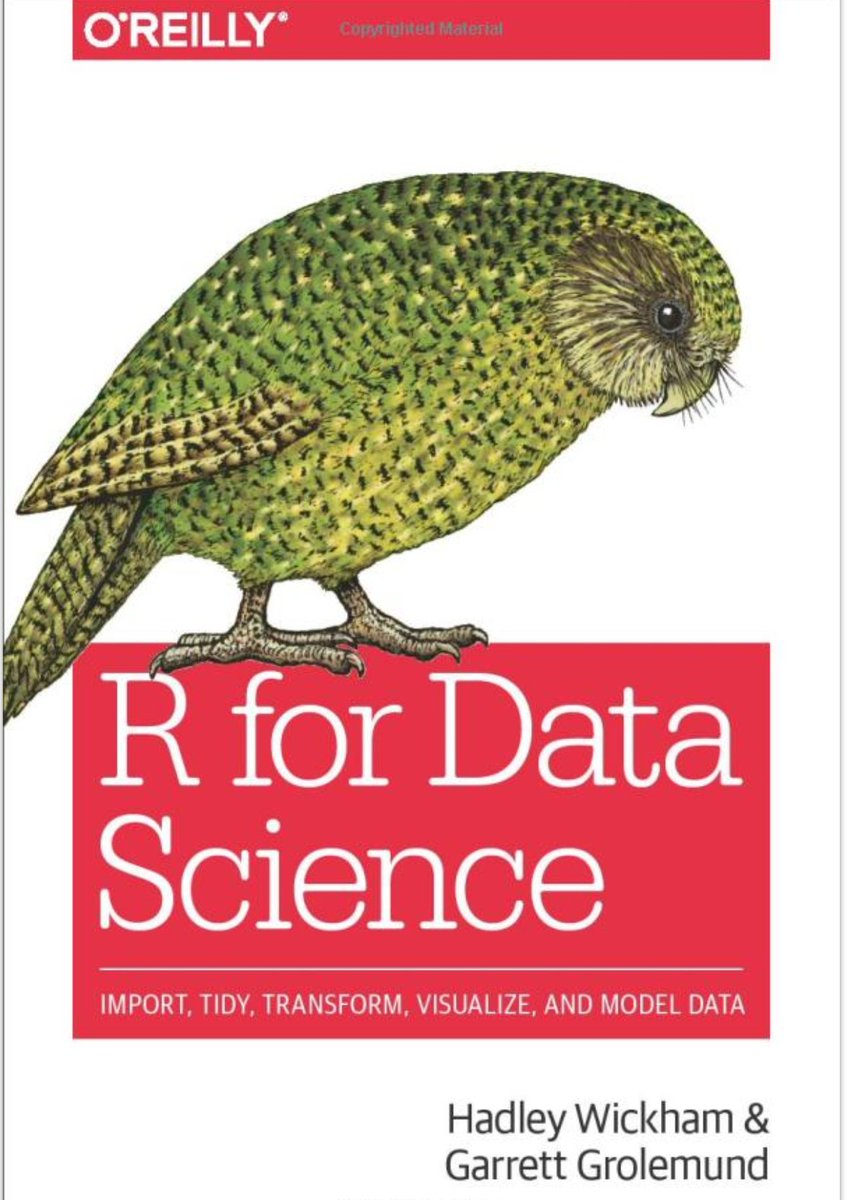
I have mixed feelings about the criticism that the public health community didn't do a good job communicating with the public. On the one hand, it's clear that things could have gone better. On the other hand, the criticism strikes me as extremely unfair.
First of all. Who was the public listening to? They were listening to random people on the internet with no expertise at all. They were listening to science communicators with no connection to government or authority over anything.
They were listening to professors in universities. Physicists and aerosol chemists and virologists. They were even listening to silicon valley venture capitalists.
They were listening to multiple levels of government in multiple countries. They were listening to their local community public health department. Their state health department. The CDC. The WHO.
They listened to president Trump. They listened to random leftwing and rightwing senators and congress persons. They listened to CNN and Fox News. They were comparing what governments were doing in China and Sweden and Japan and the UK and Italy and the US and on and on.
The public tried their best to get all this information to line up. Surprise, surprise. It didn't. This naturally lead to frustration. But let me ask you a question. WHY on earth would thousands of viewpoints from all ends of the earth line up and form a coherent narrative?
We could blame this all on public health experts but it feels more like a 21st century thing. WE have a crisis of trust. We hear too much and trust too little. Social media warnings about "misleading information" don't cut it because we don't trust the social media giants either.
I don't think our fight is with public health experts. We seem to have an expertise problem in general. We can't identify it when we see it. We have a trust problem. We can no longer tell what a trustworthy person looks like.
We tear down our experts and then feel abandoned and bitter when this leaves us to decide on our own.
• • •
Missing some Tweet in this thread? You can try to
force a refresh








